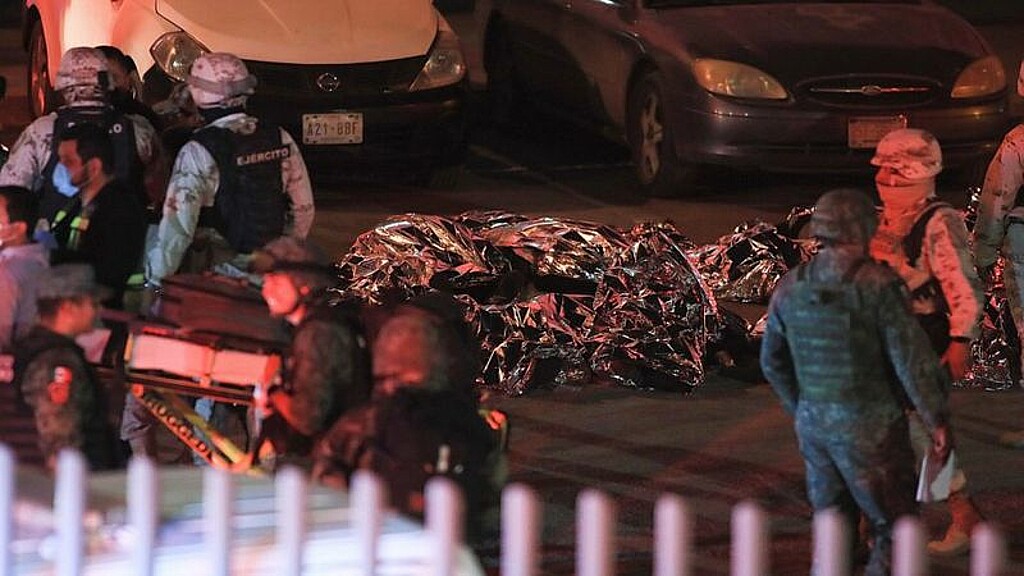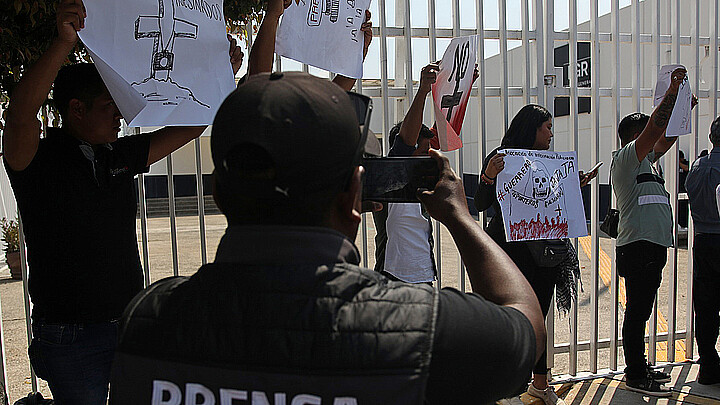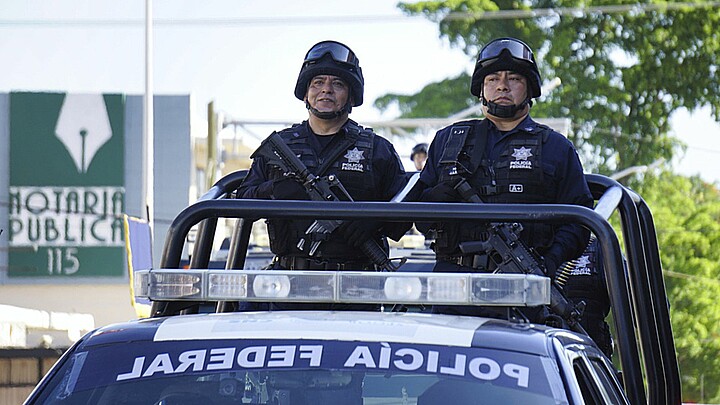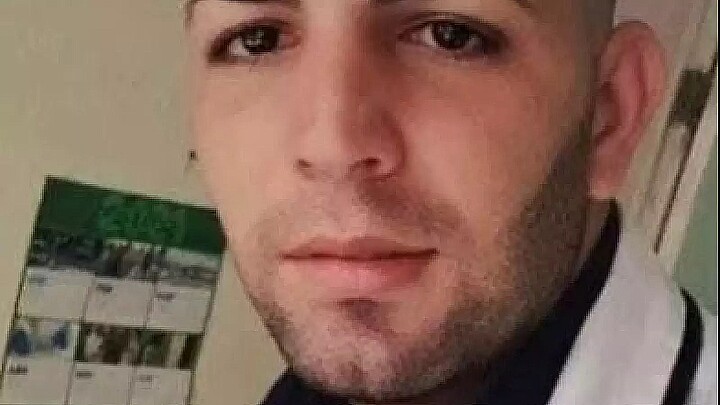Crime
U.S. relatives of migrants who died in Mexican facility fire at an immigration station demand answers
"The Mexican authorities are not responding," said Guatemalan Alba González, first cousin of Roberto González Hernández, one of the 40 migrants who died on Monday, March 27 in Mexico

April 5, 2023 8:50am
Updated: April 5, 2023 9:04am
Relatives of those who died in the fire at an immigration station in Ciudad Juárez (Mexico) are pressing the Mexican authorities for information about the repatriation of the bodies and the process to achieve justice for the death of their loved ones.
STONEWALLED
"The Mexican authorities are not responding," Guatemalan Alba González, first cousin of Roberto González Hernández, told EFE, one of the 40 migrants who died on Monday, March 27 on Mexican soil.
González is based in Los Angeles (California) and her relatives sought her out to help them in the process. “I didn't know my cousin had come until after the tragedy happened,” she said.
Since Tuesday of last week, she has joined the hard task to repatriate the body of the young man. Her experience as an interpreter of the Quiché language in the U.S. has taught her the great barriers that migrants and their families face when dealing with authorities and bureaucracy, especially when it comes to the indigenous people.
Among the dead are 6 Hondurans, 7 Salvadorans, 7 Venezuelans, 18 Guatemalans and one Colombian. It is believed that the majority of migrants from the latter group are indigenous. The nationality of one more fatal victim is still unknown.
González says that her family presented all the documents required for repatriation in Guatemala. They told her that they would contact her but several days have passed and she has not heard from her.
"Silence is a way of ignoring us," González values. The young woman has not been able to get a response from the Mexican authorities either. “There's a lot of frustration and a lot of pain,” she says.
NO ANSWERS
The same situation is faced by the family of Venezuelan Orlando José Maldonado Pérez, 26, who died in the fire. Although one of his brothers is in Florida, his newcomer status has not allowed him to advance his claims.
That is why Oraydee Mileyvi Maldonado Pérez, the older sister, has taken over as spokesperson for the family. "I ask the Government of Mexico to return our brother's body to bury him, to inform us about what is happening," she told EFE in a phone call from the state of Táchira (Venezuela).
She says that the information she has received from the Mexican authorities is little or almost non-existent, and she has not received support from the authorities of her country either.
Maldonado Pérez would like to travel to Mexico to collect the remains of his brother and see first-hand what happened in the detention center of the Mexican National Institute of Migration (INM), but he cannot because he needs a visa. He also has no financial resources.
A CALL FROM THE U.S.
Colombian Laura Soto, who lives in the United States, is in a similar situation.
The young woman entered the country last September with her boyfriend, Julián David Villamil Arévalo, also Colombian. She was allowed to stay but he was sent back to her country under Title 42, which allows migrants to be expelled for health reasons.
Villamil traveled to Mexico again in February to cross the border and meet his girlfriend again. He was waiting for the opportunity when he was arrested shortly before the fire broke out. He became the only Colombian victim to die in the incident.
Soto's greatest wish is to be able to obtain a humanitarian permit to travel to Ciudad Juárez and then return to the United States and continue her asylum process. So far she has not been able to, according to what the young woman told EFE.
The lack of information and confusion have forced several families to seek the support of organizations that defend migrants in the U.S., such as Indigenous Communities in Leadership (Cielo, in the Spanish acronym), which has received several requests.
Odilia Romero, director of Cielo and who has led the efforts, told EFE that the task "has been very difficult."
She explains that the Mexican authorities "have been giving them excuses" and have not found who is the person in charge to provide information about the deceased.
The activist herself acknowledges that the repatriation processes are slow, but that is precisely why mourners must be accompanied and kept informed.
Romero's biggest concern is the families of the 18 Guatemalans. "Even in death they become invisible, they are erased because they are not recognized as indigenous and that is something very tragic."
Cielo has called on the Mexican authorities to establish clear communication channels. “This does not end with the repatriation of the bodies. Justice needs to be found and these families deserve to be informed,” highlighted the activist.
“From the United States, we will continue to press for the families to be heard and for the victims to be given the respect they deserve,” Romero concluded.










